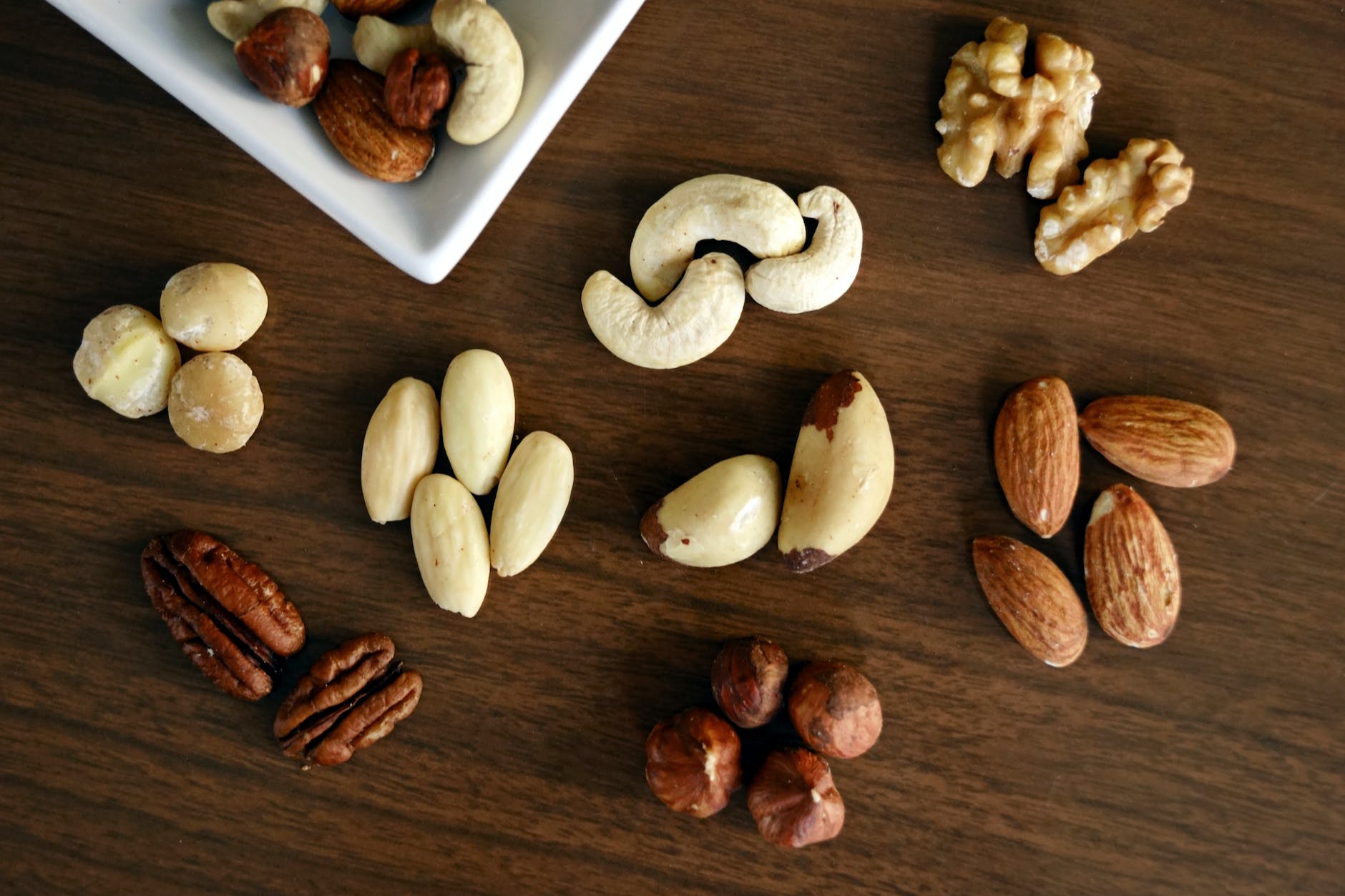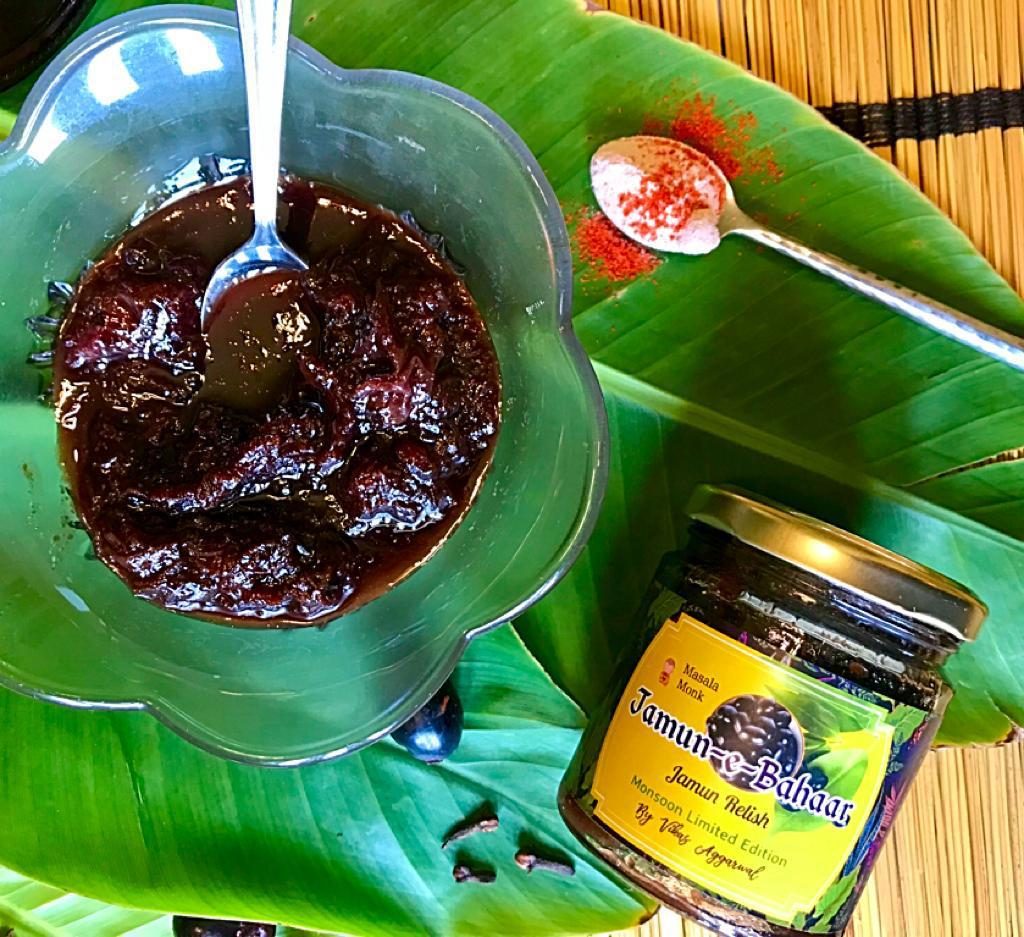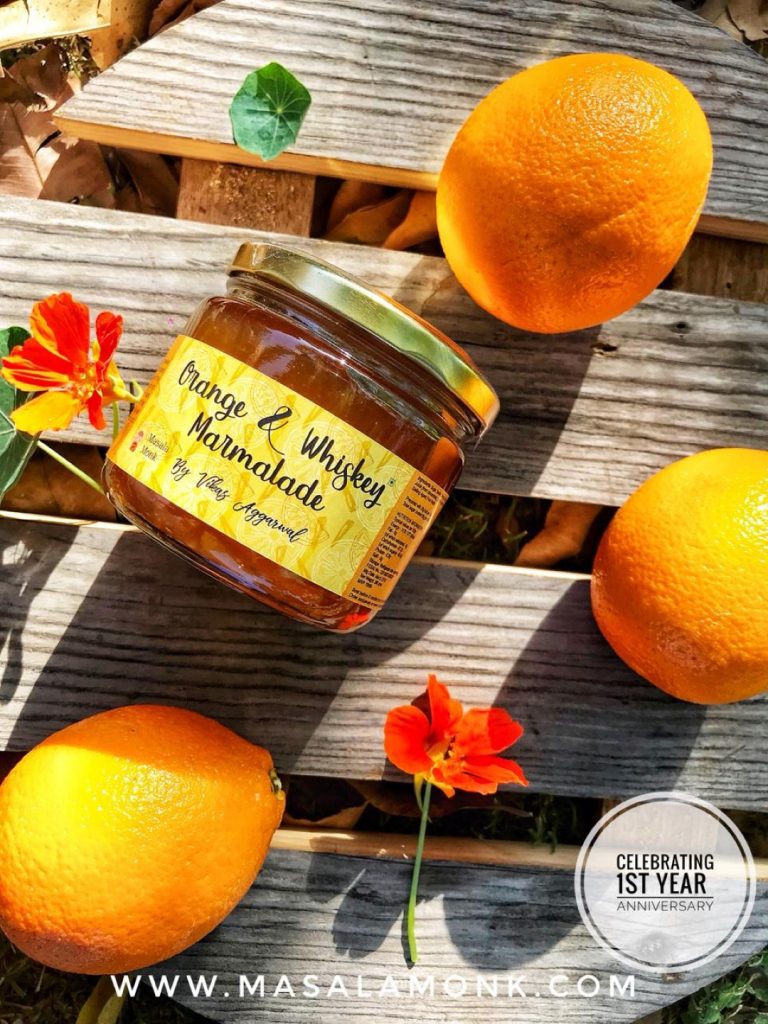
Walnut Benefits for the Brain: Why They’re the Ultimate Brain Food
Introduction:
In the intricate tapestry of nutrition, some foods shine brighter than others, especially when it comes to nurturing our brain. Among these, walnuts stand tall. Their uncanny resemblance to the human brain isn’t just a quirky coincidence; it’s nature’s way of hinting at their profound benefits for cognitive function. This article will take you on a deep dive into the world of walnuts, unraveling their secrets and showcasing why they’re a must-have for anyone keen on boosting their brain health.
Walnut vs. Almond: Which is Superior for Brain Health?:
Walnuts:
- Nutritional Profile: Walnuts are a nutritional powerhouse. They are rich in alpha-linolenic acid (ALA), a plant-based omega-3 fatty acid. This particular fatty acid plays a pivotal role in maintaining the structure and function of the central nervous system. Additionally, walnuts are a treasure trove of antioxidants, which are essential for combating oxidative stress, a primary culprit behind age-related cognitive decline.
- Brain Benefits: The brain thrives on healthy fats, and walnuts are abundant in them. The high ALA content in walnuts supports brain health, reduces inflammation, and enhances blood flow to the brain. Several studies have linked walnut consumption to improved cognitive performance, better memory, and even a reduced risk of neurodegenerative diseases.
Almonds:
- Nutritional Profile: Almonds are no less when it comes to nutrition. They are packed with vitamin E, magnesium, and fiber. Vitamin E is a potent antioxidant, known for its role in protecting brain cells from oxidative damage.
- Brain Benefits: While walnuts are often the center of attention in brain health discussions, almonds have their unique benefits. The vitamin E in almonds not only protects the brain from oxidative stress but also has been linked to improved cognitive function. Regular consumption of almonds can potentially delay the onset of age-related cognitive disorders.
Did you know? A study found that individuals who consumed almonds regularly had a 65% lower risk of developing Alzheimer’s disease.
The Undeniable Benefits of Walnuts for Brain Health:
Walnuts, often dubbed as “brain food,” are a testament to the saying, “Good things come in small packages.” Here’s a closer look at what makes them indispensable for cognitive health:
- Omega-3 Fatty Acids: Essential for brain function, these fatty acids in walnuts support neural development and protect against inflammation. Omega-3s are crucial for brain health, aiding in memory, mood, and cognitive functions.
- Antioxidants: Beyond just Omega-3s, walnuts are among the top nut sources of antioxidants. These compounds combat oxidative stress, protecting our brain cells from damage. Oxidative stress is a significant factor in brain aging, and by combating it, walnuts play a role in keeping our brain youthful and agile.
- Vitamins and Minerals: Walnuts are rich in folate, melatonin, and essential vitamins. Each of these nutrients plays a unique role in brain health. For instance, melatonin is crucial for sleep, a vital component of cognitive health.
Pro Tip: Incorporate walnuts into your morning breakfast routine. Whether it’s a walnut-infused smoothie or sprinkled over oatmeal, starting your day with walnuts can give your brain the boost it needs.
Are Walnuts Truly the Ultimate Brain Food?:
The term “brain food” isn’t just a catchy phrase; it’s a testament to the profound impact certain foods have on our brain health. And when it comes to walnuts, the title is well-deserved.
- Historical Context: From ancient civilizations to modern times, walnuts have been revered for their brain-boosting properties. Ancient texts and manuscripts often mention walnuts as a food for intellect and wisdom.
- Modern Science: The past decade has seen a surge in research focusing on walnuts and brain health. Studies have illuminated the profound impact of walnuts on brain health, from enhancing cognitive performance to protecting against neurodegenerative diseases.
Nuts and Brain Health: A Comprehensive Overview:
While walnuts are the stars in brain health, other nuts also offer significant benefits:
- Cashews: These nuts are rich in magnesium, vital for memory and learning. They also contain iron, promoting oxygen flow to the brain, ensuring optimal brain function.
- Pecans: Packed with choline, an essential nutrient for brain development and function, pecans are another excellent choice for those keen on boosting their brain health.
Fun Fact: The brain is an energy-intensive organ, consuming about 20% of the body’s total energy. Nuts, with their rich nutrient profile, provide the brain with the fuel it needs to function optimally.
FAQs about Walnuts and Brain:
- Why are walnuts considered good for the brain? Walnuts are rich in ALA, antioxidants, and other essential nutrients that support brain function, combat oxidative stress, and enhance blood flow to the brain.
- How do almonds compare to walnuts in terms of brain health benefits? While walnuts are renowned for their high ALA content, almonds are packed with vitamin E, which is known to protect the brain from oxidative damage.
- Which nut is scientifically proven to be the best for brain health? Each nut offers its unique set of benefits. However, given their comprehensive nutrient profile, walnuts often stand out as a top choice for brain health.
- How often should I consume walnuts for optimal brain health? While there’s no strict guideline, incorporating a handful of walnuts (about 30 grams) into your daily diet can offer significant brain health benefits.
- Can children benefit from consuming walnuts? Absolutely! Walnuts can support brain development in children. However, always ensure they are consumed in age-appropriate forms to avoid choking hazards.
- Are there any side effects associated with excessive walnut consumption? While walnuts are healthy, excessive consumption can lead to digestive issues due to their high fiber content. It’s always best to consume them in moderation.
- Do roasted walnuts offer the same benefits as raw walnuts? Roasting can lead to a slight reduction in nutrient content. However, roasted walnuts still offer significant brain health benefits. If possible, opt for dry-roasted over oil-roasted to avoid added fats.
- How do walnuts compare to walnut oil in terms of brain health benefits? Walnut oil retains many of the beneficial nutrients found in whole walnuts, especially omega-3 fatty acids. However, the oil lacks the fiber and some antioxidants present in the whole nut.
- Is there a specific variety of walnut that’s best for brain health? While there are different varieties of walnuts, such as English and Black walnuts, both offer similar brain health benefits. Choose based on availability and personal preference.
- Can walnuts help with mood and mental well-being? Yes, the omega-3 fatty acids in walnuts have been linked to improved mood and reduced symptoms of depression.
- Are walnuts beneficial for people with specific brain-related conditions, like Alzheimer’s? Preliminary research suggests that regular walnut consumption may reduce the risk or slow the progression of Alzheimer’s. However, more research is needed in this area.
- How do walnuts impact sleep patterns? Walnuts contain melatonin, a compound that regulates sleep. Consuming walnuts may help improve sleep quality.
- Can I get the same brain benefits from walnut supplements as from whole walnuts? While supplements can offer some benefits, whole walnuts provide a combination of nutrients, fiber, and compounds that supplements might not capture entirely.
- How do walnuts affect brain health in the elderly? Regular walnut consumption can support cognitive function and may reduce the risk of age-related cognitive decline in the elderly.
Conclusion:
Our exploration into the world of walnuts and brain health paints a clear picture: walnuts are a must-have for anyone keen on nurturing their cognitive health. Their rich nutrient profile, backed by science, positions them as a top-tier food for the brain. So, the next time you’re pondering over a snack, let walnuts be your pick. Your brain will thank you!
Engage with Us!:
We’re eager to hear from you! Do you have a favorite walnut recipe? Or perhaps a story about how walnuts have benefited your cognitive health? Share with us in the comments below.




























